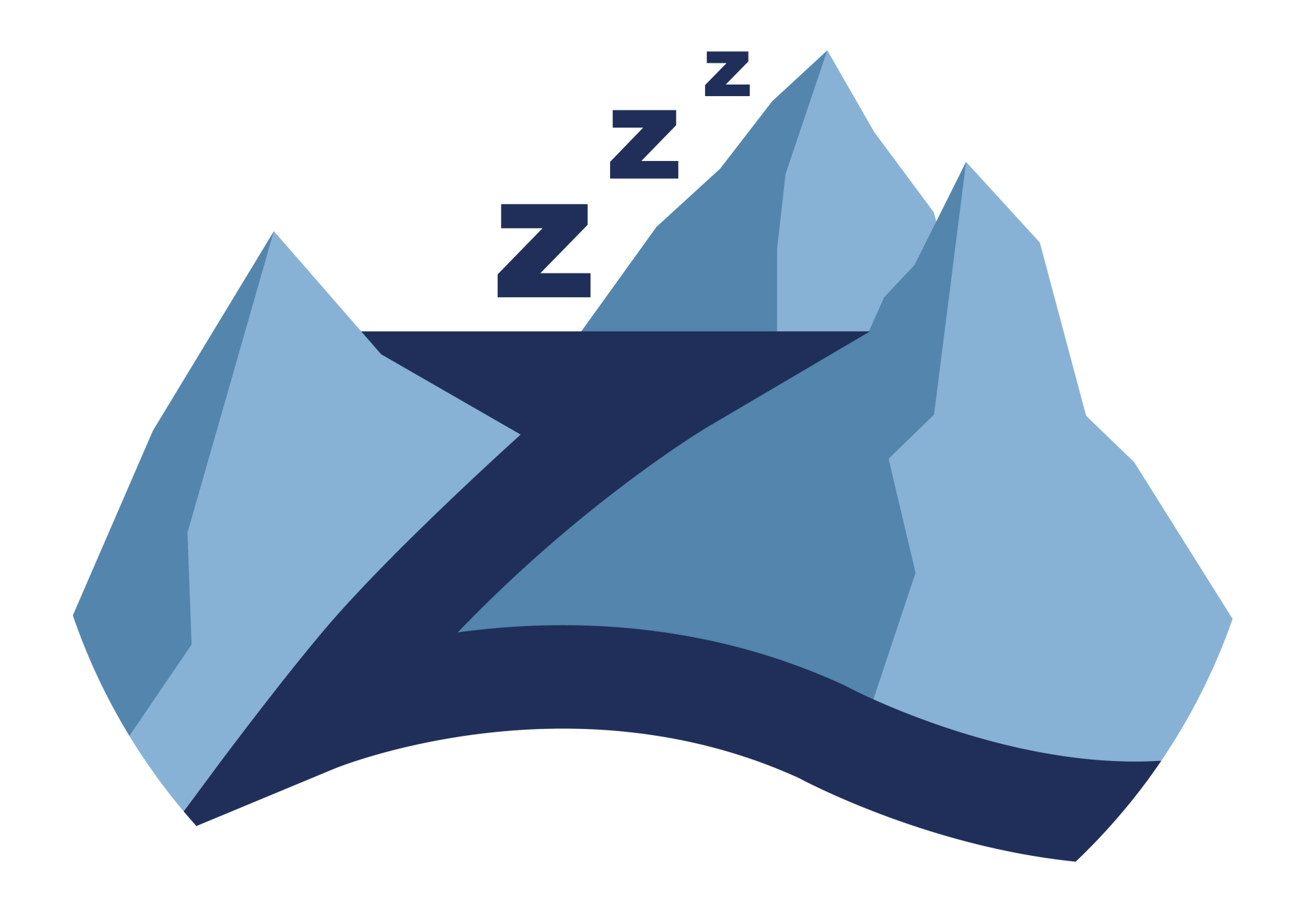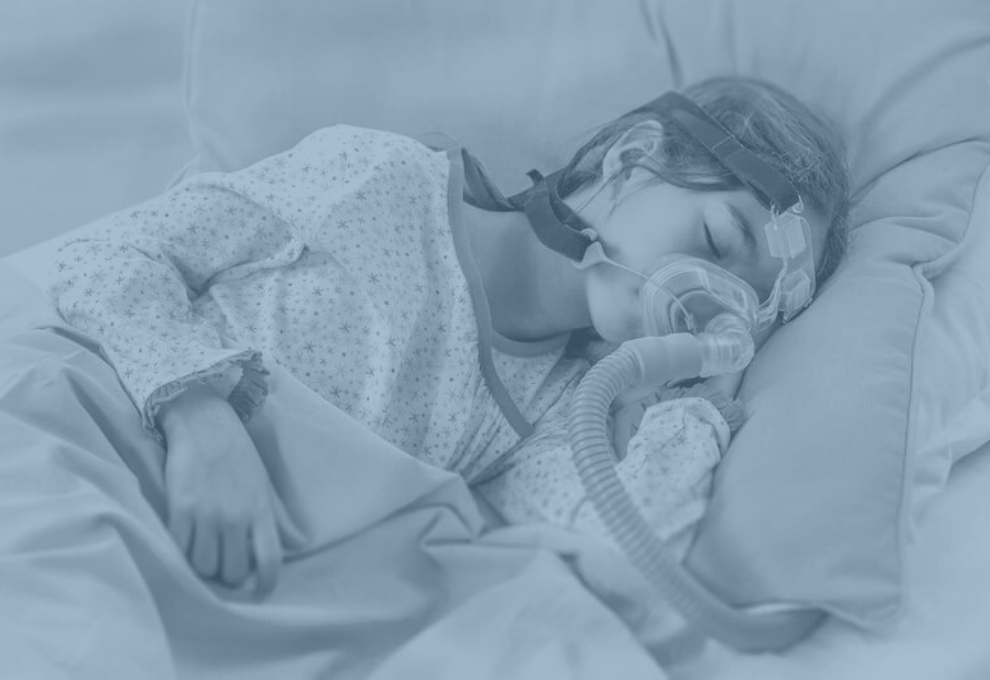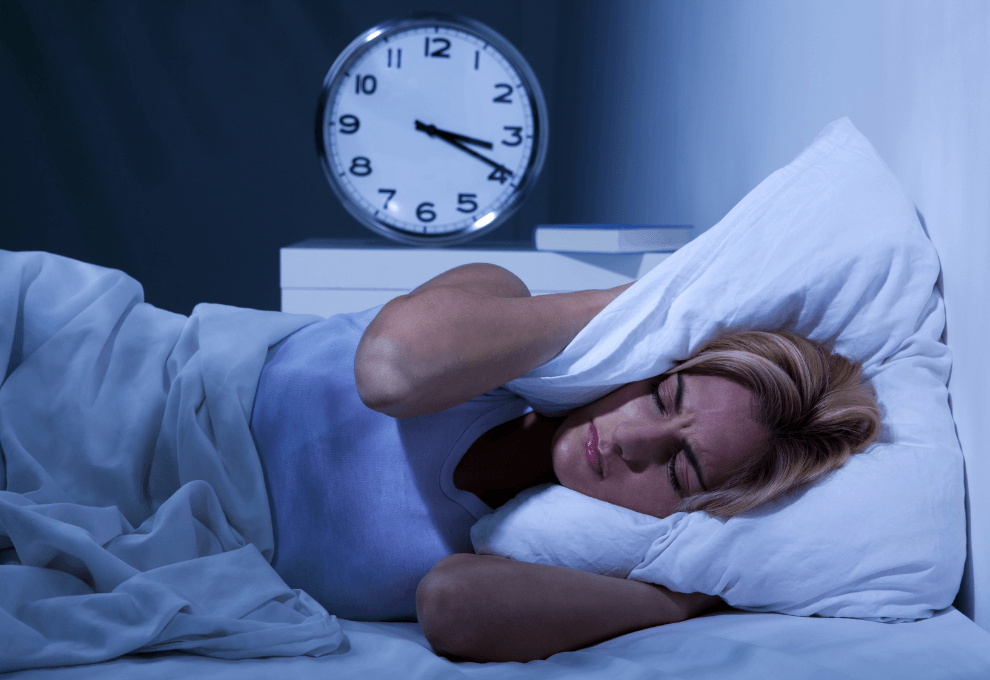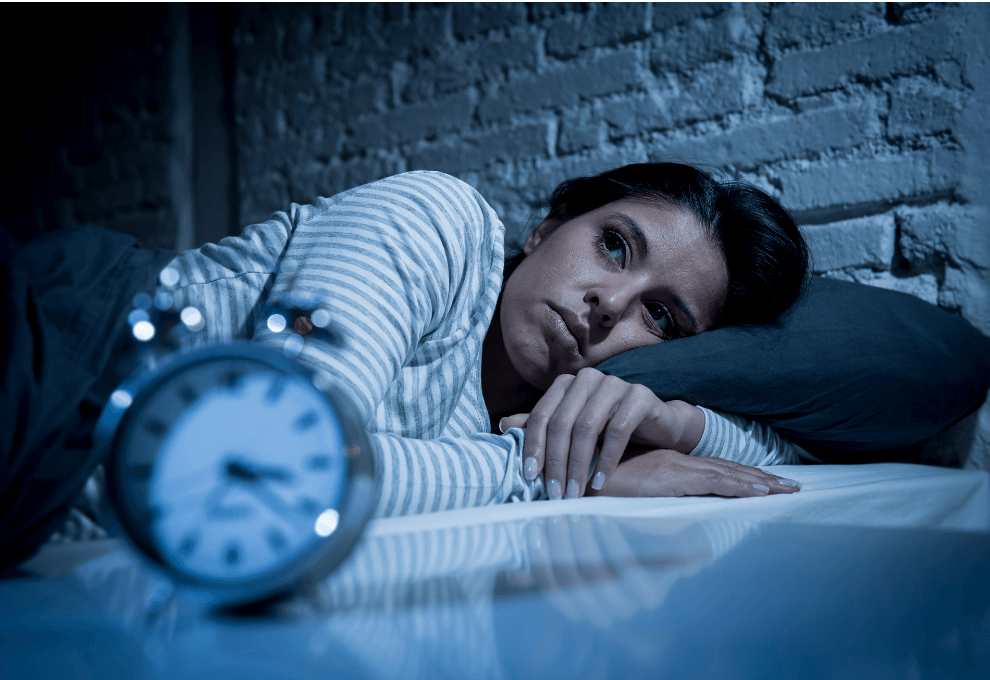Travel & Sleep
Think about your sleep when you travel
The topic of travel seems to come up a lot lately, typically friends sharing that they cannot wait to start traveling again. With the excitement of a trip, they may overlook a common condition: jet lag.
Let’s start with a basic understanding of circadian rhythms. Your circadian rhythms are your body’s internal clock that signals when you are supposed to feel sleepy or alert. Your body’s clock operates on a roughly 24-hour schedule. It uses sunlight to determine how much of the sleep-promoting hormone melatonin to produce. Melatonin production is high during the evening and very low during the day. As a result, you are alert during the daytime and sleepy at night.
Jet lag, circadian rhythm sleep disorder, happens when you travel across time zones and have trouble adjusting to the new schedule - most common after air travel. When you arrive at your destination, your sleep-wake cycle may still be aligned with the previous time zone.
The severity of the jet lag depends on how many time zones you cross and which direction you traveled. Flying east is usually more difficult of an adjustment than westward travel. It is estimated that it takes one day per time zone for your body clock to fully adjust to local time. Your body may expect to sleep when it is daytime in the new time zone or be awake when you are supposed to sleep.
The good news is that jet lag is temporary. However, you may have a difficult time functioning and even enjoying yourself when you are jet lagged.
Common complaints related to jet lag include:
- Trouble falling asleep
- Feeling tired or disoriented
- Being unable to function normally during the daytime
- Mild sickness
- Stomach problems
- Menstrual symptoms
What can you do to prepare for your trip and minimize jet lag?
Schedule shift: In the weeks before your trip, slowly change the time that you go to sleep as well as the time when you wake up. When the time for the trip comes, your sleep schedule should be relatively close to that of your destination.
Catch some rays: Sunlight is a powerful tool to reset your internal clock. After you reach your destination, make sure to open a window or go outside during the daytime to expose yourself to sunlight. This exposure will help you adjust to the new time zone.
Work out: Some studies have shown that moderate exercise helps adjustment to the new time schedule. Outdoor exercise has the dual advantage of including exposure to sunlight.
Minimize alcohol and caffeine: As tempting as it might be, limit caffeine and alcohol. These substances can interfere with your ability to fall asleep and stay asleep and can lead to dehydration. It is recommended that you avoid these substances while you are traveling across time zones.
When do we suggest talking to us?
There are a few other “remedies” that you can find when you search the internet. We recommend that you discuss these options with a sleep provider before trying any of them.
Bright light therapy: This involves exposure to a special artificial light at certain times to help reinforce your body clock and ease the transition to a new time zone. However, light exposure on the wrong side of the phase response curve in the new destination can cause further misalignment.
Melatonin: Melatonin supplements can help your body adjust to jet lag by adjusting your circadian rhythms. Melatonin is a natural hormone produced by the brain’s pineal gland and considered a signal for when your body is supposed to sleep. Since taking melatonin at the wrong time can cause more of a misalignment, talk to your sleep provider before taking melatonin during your travel.
Sleeping pills: Although not recommended regularly, your doctor can prescribe a sleeping pill to help you get rest at the proper times when you first reach your destination or to help avoid sleep deprivation during the flight. While sleeping pills may help you sleep better as you adjust to the new time zone, they are not necessary and should only be used for a short time. Sleeping medications have side-effects and may cause residual sleepiness after you wake up and abnormal behaviors, such as sleepwalking.
When it comes to jet lag, preparation is key and Canyon Sleep can help. Reach out if you have any questions about jet lag or any other sleep conditions.
Bon Voyage!









